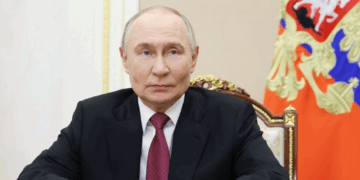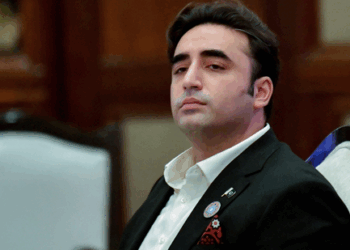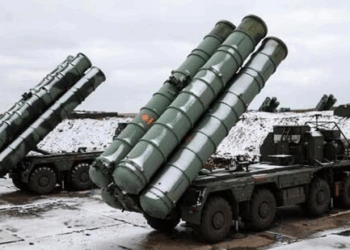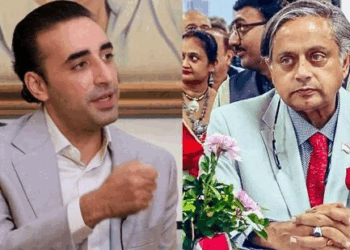Iran’s Supreme Leader Ayatollah Ali Khamenei criticized the latest U.S. proposals but stopped short of rejecting the prospect of a future agreement. Speaking during a televised address on Sunday, Khamenei called the American position in the nuclear talks “unacceptable,” yet emphasized that Iran remains open to a deal—if it aligns with the country’s interests and national dignity.
The remarks come as Iran and world powers attempt to revive discussions surrounding the 2015 Joint Comprehensive Plan of Action (JCPOA), which was abandoned by the United States in 2018 under former President Donald Trump. While President Joe Biden has expressed willingness to return to the accord, efforts have stalled over key disagreements—particularly around the scope of sanctions relief and the sequencing of Iran’s nuclear commitments.
Khamenei’s comments mark a cautious but notable shift. While he has traditionally taken a hardline stance toward the West, especially the United States, his latest address left space for diplomacy. “We will not retreat from our red lines,” he said, “but we are not against an agreement if it is a good one.”
Iran has consistently demanded the lifting of all sanctions imposed since the U.S. withdrawal, while Washington insists on guarantees that Iran will roll back its nuclear advancements, including uranium enrichment beyond JCPOA limits. Talks in recent months have stalled due to mutual distrust and shifting political landscapes in both countries.
Regional observers view Khamenei’s comments as a signal to Iran’s negotiating team that a return to the table is still possible, though with strong caution. “He’s preparing the ground for either direction—deal or no deal,” one analyst noted.
With Iran facing increasing economic pressures from U.S. sanctions and internal dissatisfaction, the government may find renewed incentive to re-engage, especially if upcoming negotiations reflect mutual compromise.








 India
India












